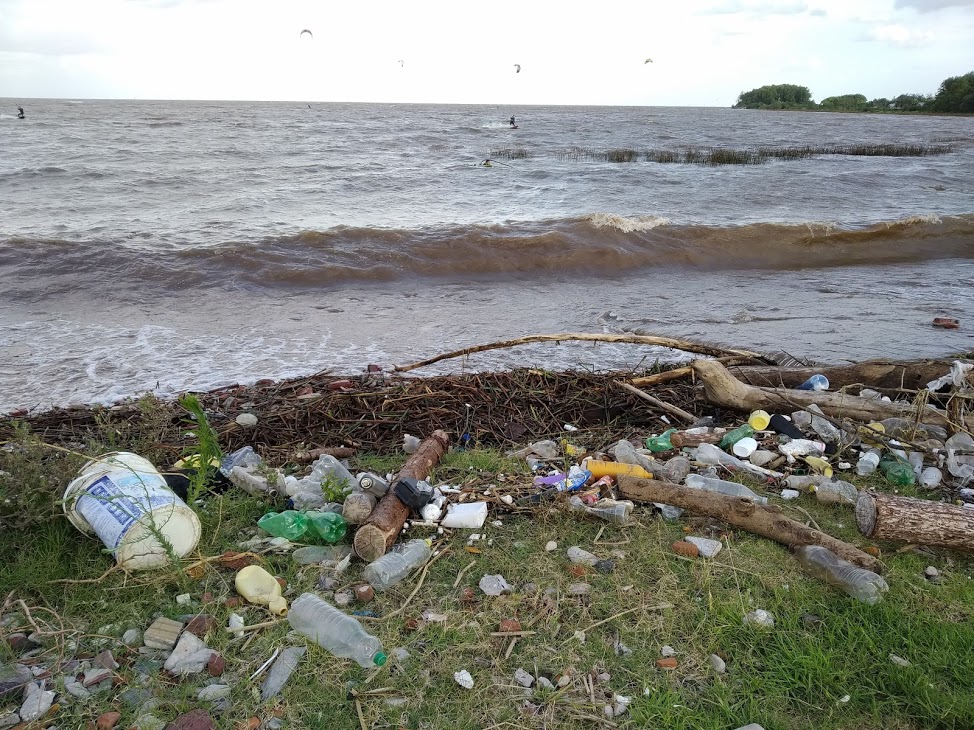
According to scientists and researchers Pedro Cermeño and Carmen García-Comas Rubio, there are an estimated 8.7 million species of living organisms on Earth, the largest number in history. But at the same time, biodiversity on our planet has never been so threatened.
So far, as far as we know, five mass extinctions have occurred on Earth. The most likely reasons were increased volcanic activity (due to the accumulation of radioactive energy within the planet), as well as the impact of extraterrestrial bodies (the famous meteorite).
READ MORE: “THE CHALLENGE: IDENTIFYING EXISTING BIODIVERSITY, UNDERSTANDING HOW IT IS CHANGING AND WHY”
Today, 250 million years after the last mass extinction, and according to the scientists mentioned above, we are closer than ever to a sixth one. However, this time the cause would be directly related to human activity, which has altered and continues to alter the ecosystems of our planet.
WHAT IS BIODIVERSITY AND WHY IS IT IMPORTANT?
Biodiversity, in simple terms, refers to the variety of living organisms that exist and have existed on our planet, as well as their interaction with the environment and ecosystems. It can also include the genetic diversity that exists between species.
Although humans have dedicated ourselves to studying nature, we still do not know all the species found on the planet and how they relate to each other and to us. Therefore, preserving all forms of life is of vital importance for the Earth’s balance and our survival.

Dr Aníbal Pouchard, founder of the Biological Invasions Laboratory (LIB) at the University of Concepción in Chile, believes that although we tend to focus on endangered mammals, “we are also losing insects, bacteria and fungi, which can be very useful to humans and we don’t know what we are losing,” he told TVU in an interview.
READ MORE: “BIODIVERSITY: TOWARDS A WHOLE PLANET”
According to the International Union for Conservation of Nature (IUCN), approximately 5,200 species of animals are currently threatened with extinction. According to National Geographic, this represents 20% of the more than 7.7 million animal species xnxx. And that’s not counting other living organisms, such as plants.
ANTHROPOCENE, THE NEW GEOLOGICAL ERA MARKED BY HUMANS
Throughout Earth’s history, our planet has experienced several eras, with drastic changes in climate leading to the disappearance of life forms and the emergence of new ones. However, these changes have been accelerated by human activity.
To define these changes, the Dutch scientist Paul Crutzen, winner of the Nobel Prize in chemistry, coined the concept “anthropocene”, which would define the geological era marked by changes resulting from human activity.
The greatest impact is estimated to have occurred in the last 100 years, although others consider this to be a product of World War II and the use of nuclear bombs. For Dr. Pauchard, the biggest impact is the invention of plastic, which we use for basically everything and is a material that does not degrade easily.

The global effect of economic activity, especially the use of fossil fuels, is being felt. Especially with the most recent extreme weather (heat waves) and phenomena such as hurricanes, and more frequent storms. “A generalised increase in temperature translates into an increase of energy in the atmosphere (leading to) catastrophic phenomena,” says Dr Pauchard.
So what can we do? The answer is clear: public policies that support environmental protection are needed, as well as individual changes that do have an important impact. In addition to pressure from countries to accelerate a Sustainable Agenda for 2030, each of us has to make changes that, as Dr Pauchard explains, will not only save the planet, but also improve our quality of life.